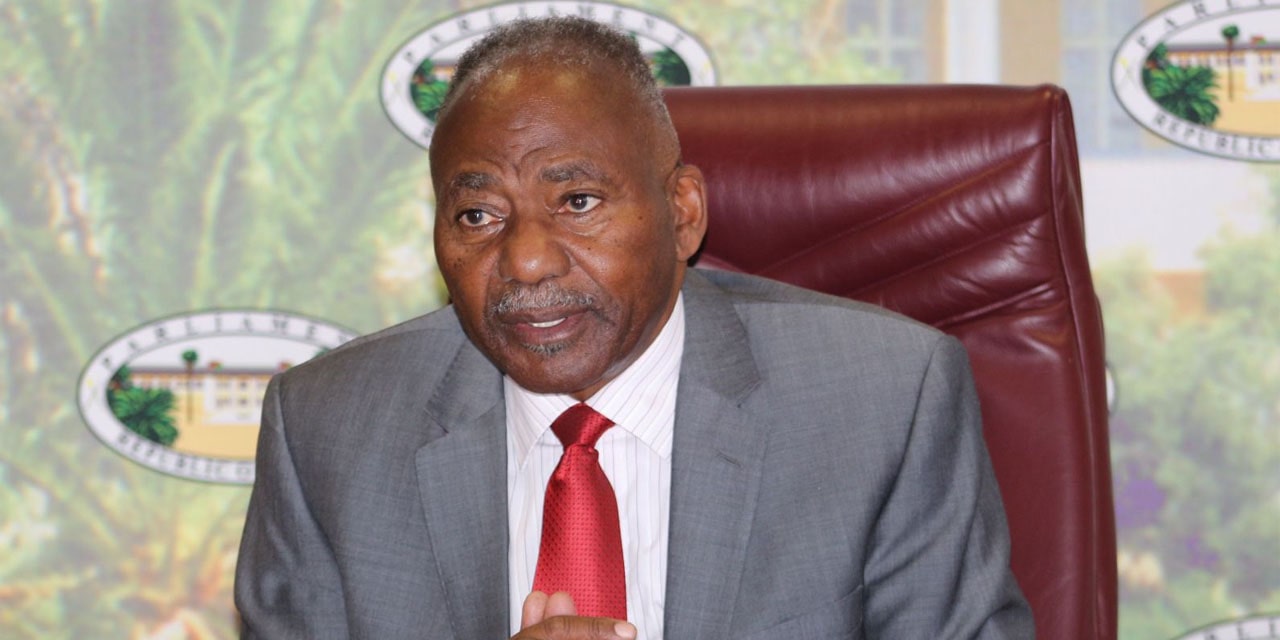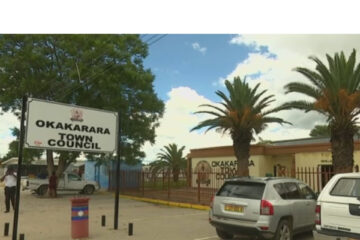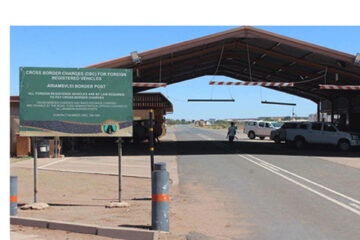Martin Endjala
Members of parliament are currently undergoing a five-day workshop in Swakopmund to review, discuss and engage on its standing rules and orders.
The reviewing and updating of parliamentary rules are said to ensure that the legislative processes are efficient, transparent, and in line with the evolving needs of the electorate and the nation at large.
“Our operations, rules and procedures must be aligned to smoothen the execution of our mandate as the Legislature, this being the core function of Parliament. These core functions comprise Legislation, Oversight and Representation”, these were the words of national assembly speaker Peter katjavivi.
Katjavivi says some of the rules and procedures under review did not make good provision for the “Agenda for Change”, as they did not adequately address this subject matter and required to be updated. Therefore, emphasizing that part of the purpose of the workshop is to create room for members to meaningfully engage, in ensuring that the output captures all the aspirations of Parliament.
He also said it is meant to discuss and unpack various aspects of parliamentary procedures such as the rules and procedures for debates, motions, and voting, as well as the internal arrangements of parliamentary committees.
These discussions stressed the speaker, will help identify areas that need improvement and allow them to make recommendations to enhance the effectiveness and efficiency of our legislative processes.
Katjavivi has since urged MP’s to contribute and provide insights during the next few days, in a transparent and honest manner, which he says will be vital in producing guidelines that will strengthen the standard operating procedures of the Standing Rules and Orders Committee to effectively discharge its functions.
“I urge each and every one of you to approach these discussions with an open mind and a shared commitment to improve our parliamentary procedures for the benefit of our nation and its people. The endeavour will contribute to inculcating the democratic culture that prevails in our country”, Katjavivi said.
Meanwhile, national council MP Paulus Mbangu said that he welcomes the move of the motion, but emphasized that MPs should not forget that they have an oath to uphold.
“MPs must realize the obligation to act as electorates and not their parties”, Mbangu stressed.
He emphasized that the oaths taken meant that MPs are no longer subsidiaries to their parties, but to the electorates.




